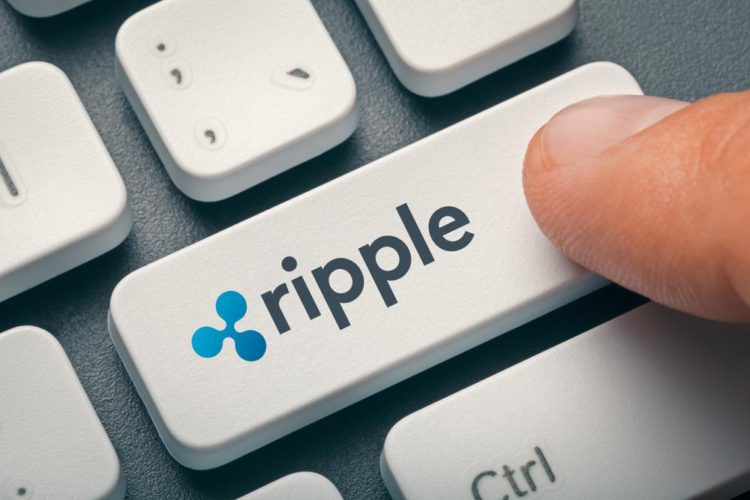- The court denies the SEC’s request to release the personal financial records of Ripple chiefs Brad Garlinghouse and Chris Larsen.
- According to attorney Jeremy Hogan, this could be “a good sign” that the judge will also drop the lawsuits against the individual lawsuits.
Ripple has scored its next victory in its legal battle with the US Securities and Exchange Commission (SEC). Judge Netburn yesterday denied the SEC’s request to produce the personal financial records of Brad Garlinghouse and Chris Larsen. As CNF reported, the regulator claims the documents could be relevant to the individual lawsuits against Ripple’s chiefs to “prove the sanity of the individual defendants and their efforts to increase the value of XRP.”
Magistrate Judge Sarah Netburn, however, sees it differently. In her reasons, Netburn writes that “the SEC’s requests for the Individual Defendants’ personal financial records, apart from those records of XRP transactions that are already promised, are not relevant or proportional to the needs of the case.”
As Netburn explains, the party seeking disclosure has the initial burden of proving that the disclosure is relevant. However, the SEC was unable to provide the evidence of relevance. Notably, the SEC had already received all trading records related to the sale and transfers of XRP by Garlinghouse and Larsen, as well as all financial records related to the compensation they received from Ripple.
The personal bank records, according to Netburn, do not have the ability to prove what the SEC alleges – individual violations of U.S. securities regulations. Moreover, the SEC also failed to produce evidence of covered-up transactions by Ripple bosses. Netburn stated:
The SEC has not presented any evidence the Individual Defendants have hidden transactions or that the documents produced support an inference of hidden transactions. […]The SEC’s belief that the Individual Defendants’ banking records might show evidence of a speculative transaction that could have occurred (and that the Individual Defendants are not providing in their XRP transaction records) is not a foundation on which to order expansive discovery into personal financial accounts.
As a result of the decision, the SEC must withdraw its requests for production of the Individual Defendants’ personal financial records and its third-party subpoenas. However, if the SEC still finds evidence that Garlinghouse and Larsen are concealing XRP transactions, the request may be renewed.
If, as discovery progresses, the SEC uncovers evidence that the Individual Defendants have not been forthcoming with records of their XRP transactions, it may provide such evidence to the Court and renew its application.
Implications for Ripple from the court’s decision
As always, attorney Jeremy Hogan provided an assessment via Twitter. There, he wrote that the dismissal of the motion is “a good sign” that the judge will also drop the lawsuits against the Ripple bosses. Moreover, Hogan also referred to the reasoning in which the judge displayed an above-average understanding of cryptocurrencies and blockchain technology. He concluded:
I recently suggested that the Court would not grant Ripple’s motion for discovery if it intended to dismiss the Fair Notice defense. Inversely, I think Brad/Chris can take this as a good sign as to their Motions to Dismiss the lawsuits against them. #Quashed
Also, look at FN1. The Judge AGAIN makes remarks that the technical/operational aspects of XRP are important to the case. Ripple WANTS it to be about that. The SEC wants to stay clear of that-they want it to be only about marketing and money; but this Judge is saying otherwise!
Credit: Source link













































































































































